Attack On Titan: Is Ymir Fritz A God? Explained
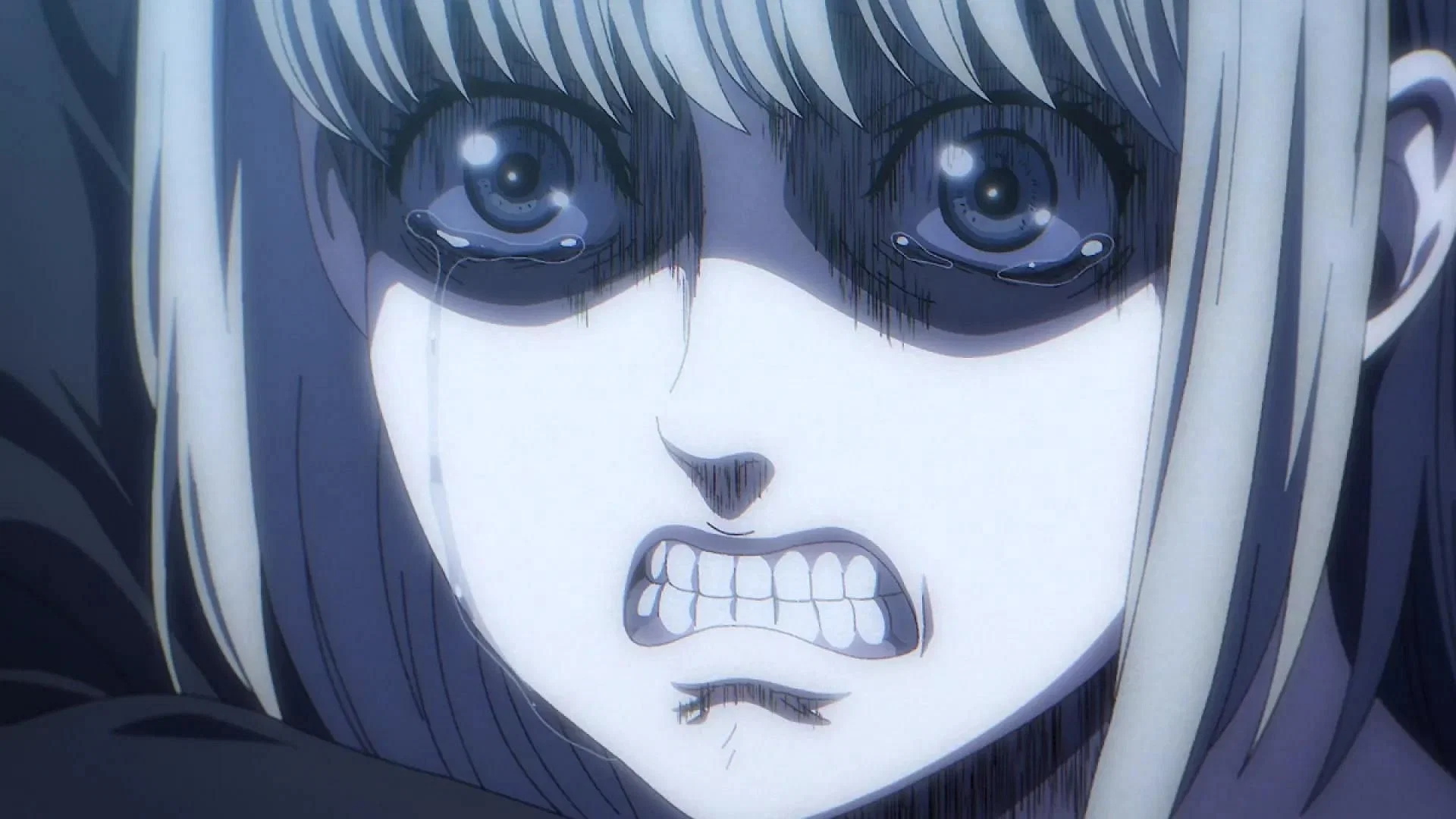
Shingeki no Kyojin, also known as Attack on Titan, is a popular anime and manga series written by Hajime Isayama. The series has captivated audiences worldwide through its narrative, heart-wrenching action sequences, and profound exploration of the human psyche.
At the center of the story lies Ymir Fritz, whose mysterious aura has ignited spirited discussions and debates among fans. As the progenitor of all Titans, Ymir Fritz commands formidable power and plays a pivotal role in shaping the unfolding events of the anime. Her presence adds complexity to the storyline, contributing to the series' popularity and leaving audiences eagerly anticipating each new revelation.
Attack on Titan: Exploring the godly status of Ymir Fritz
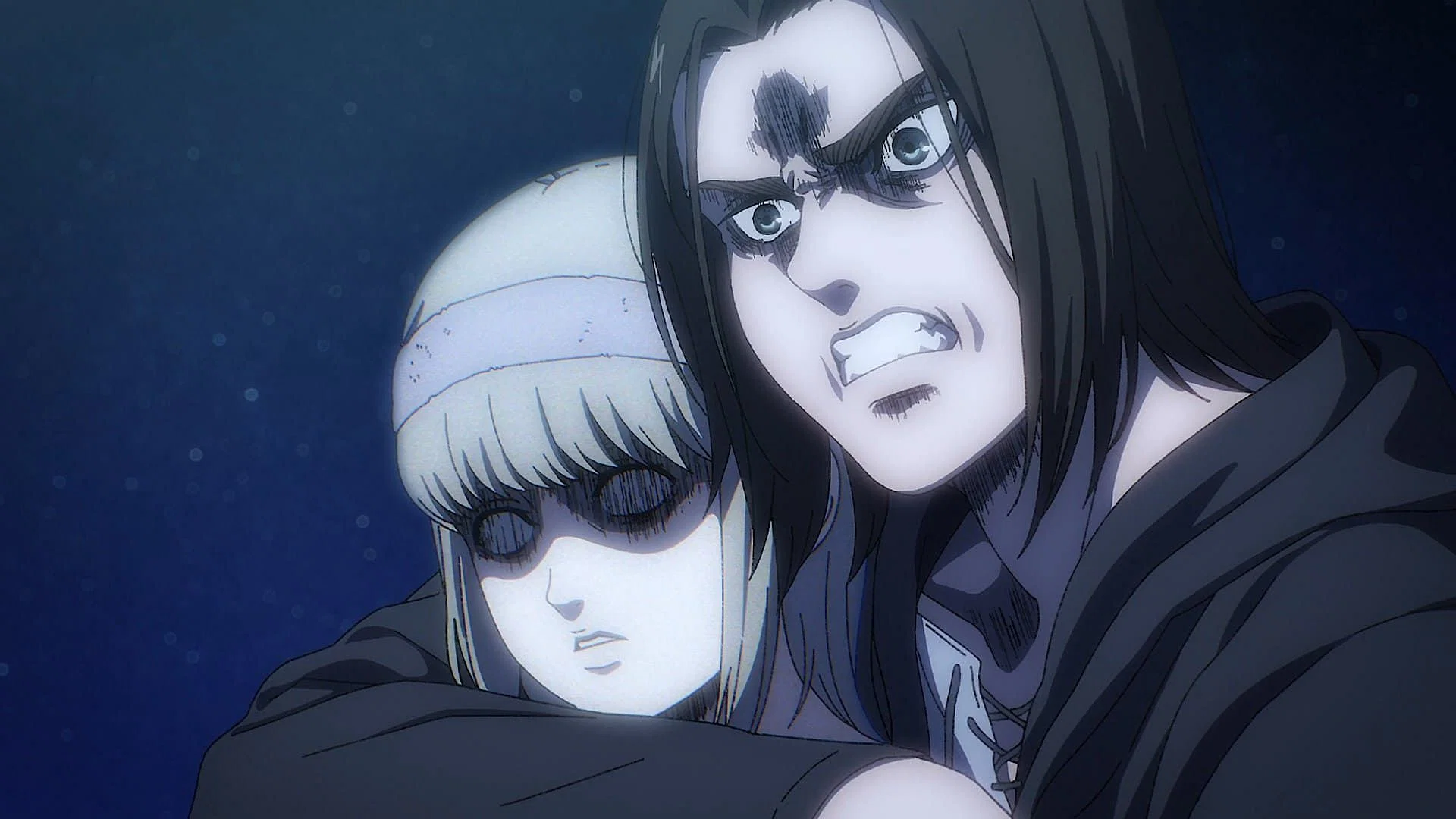
In Attack on Titan, Ymir Fritz possesses god-like abilities and shapes the series' world due to her pivotal role in Titans' origin. While hailed as a god by Eldians, she isn't a literal deity. Her godly status stems from extraordinary powers, not divine nature. In Norse mythology, Ymir Fritz is akin to the ancient being who birthed giants, her name meaning "the scream." In the series, she's the source of all Titan powers, with the Nine Titan powers fragments of her soul passed down.
The Eldians consider her a god-given miracle, contributing to her god-like image. Ymir Fritz's complex character involves desires, motivations, and flaws beyond divinity. Despite her influence on history, she remains distinct from traditional gods, her importance transcending mythological interpretations. The mythology surrounding her existence fuels diverse perspectives, emphasizing her immense significance in the narrative of the Attack on Titan.
Attack on Titan: Who is Ymir Fritz?
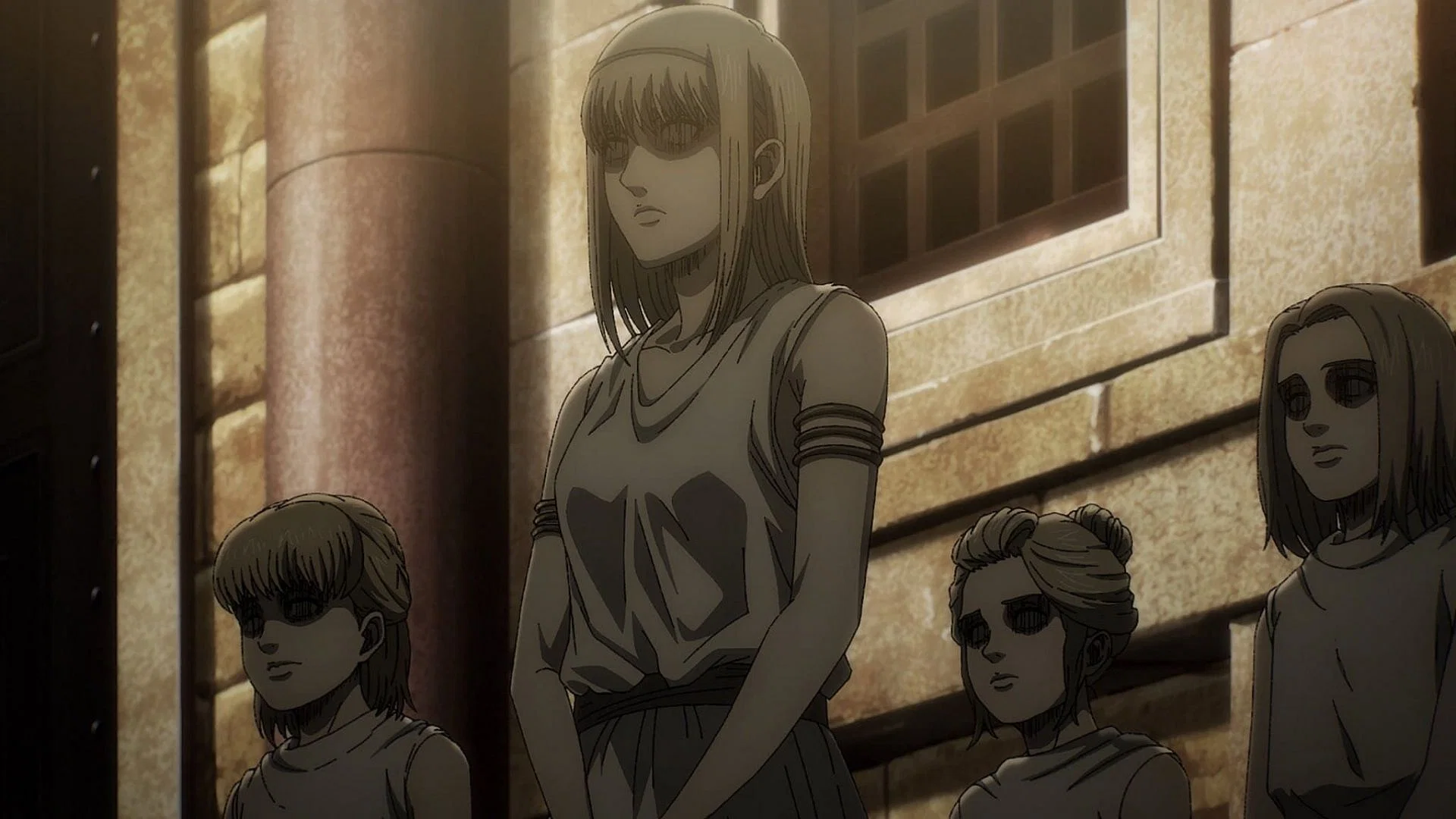
Originating from the warmongering Eldian tribe, Ymir gains Titan powers after encountering a spine-like creature. She becomes a weapon for King Fritz, marrying him and bearing three daughters, yet her genuine affection is marred by manipulation.
Ymir's Founding Titan abilities include controlling other Titans, shaping history, and influencing Eldians through memory manipulation. Despite her formidable power, she succumbs to the Curse of Ymir, limiting her lifespan to thirteen years—a fate all Titan inheritors share. This curse adds a poignant layer to Ymir's story, emphasizing the sacrifices made for immense power.
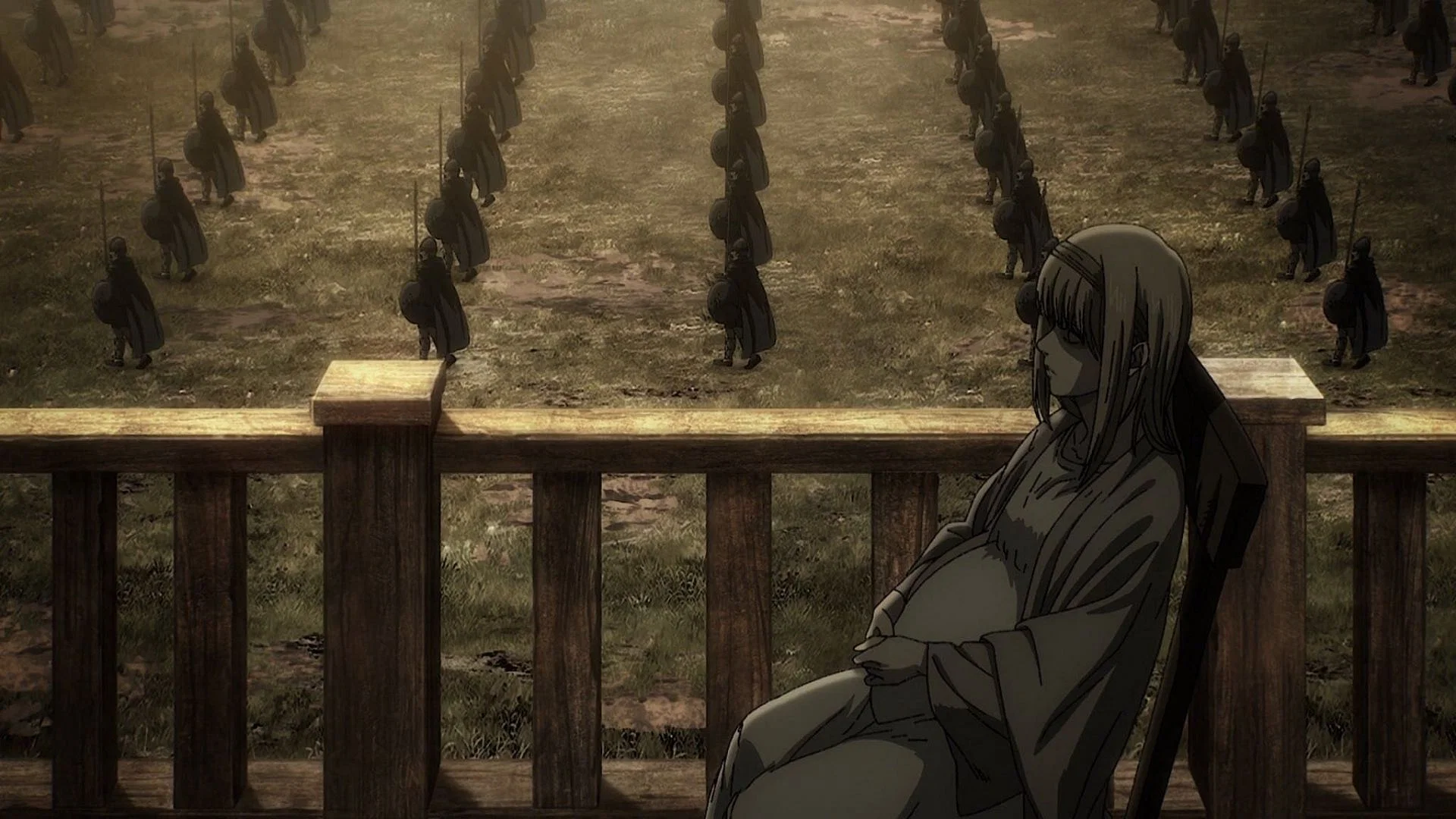
The Fritz's Vow, imposed by King Fritz, binds Ymir and subsequent Founding Titan inheritors to renounce war, fostering isolation within the walls. This vow perpetuates a cycle of oppression and stagnation, shaping Ymir's choices and behavior throughout history.
Despite its manipulative nature, Ymir's complex emotional bond with King Fritz contributes to her character's depth. Her longing for freedom and connection finds resonance through Eren Yeager, the series' protagonist. Eren's influence prompts Ymir to question loyalty to the Fritz family, paving the way for self-discovery and liberation. While love and freedom are crucial in Ymir's development, she remains a tragic figure rather than attaining god-like status. Ymir's narrative is a web of manipulation, power, and conflicting emotions, highlighting the intricate interplay of personal desires, external constraints, and the consequences of wielding immense Titan power.
Final Thoughts
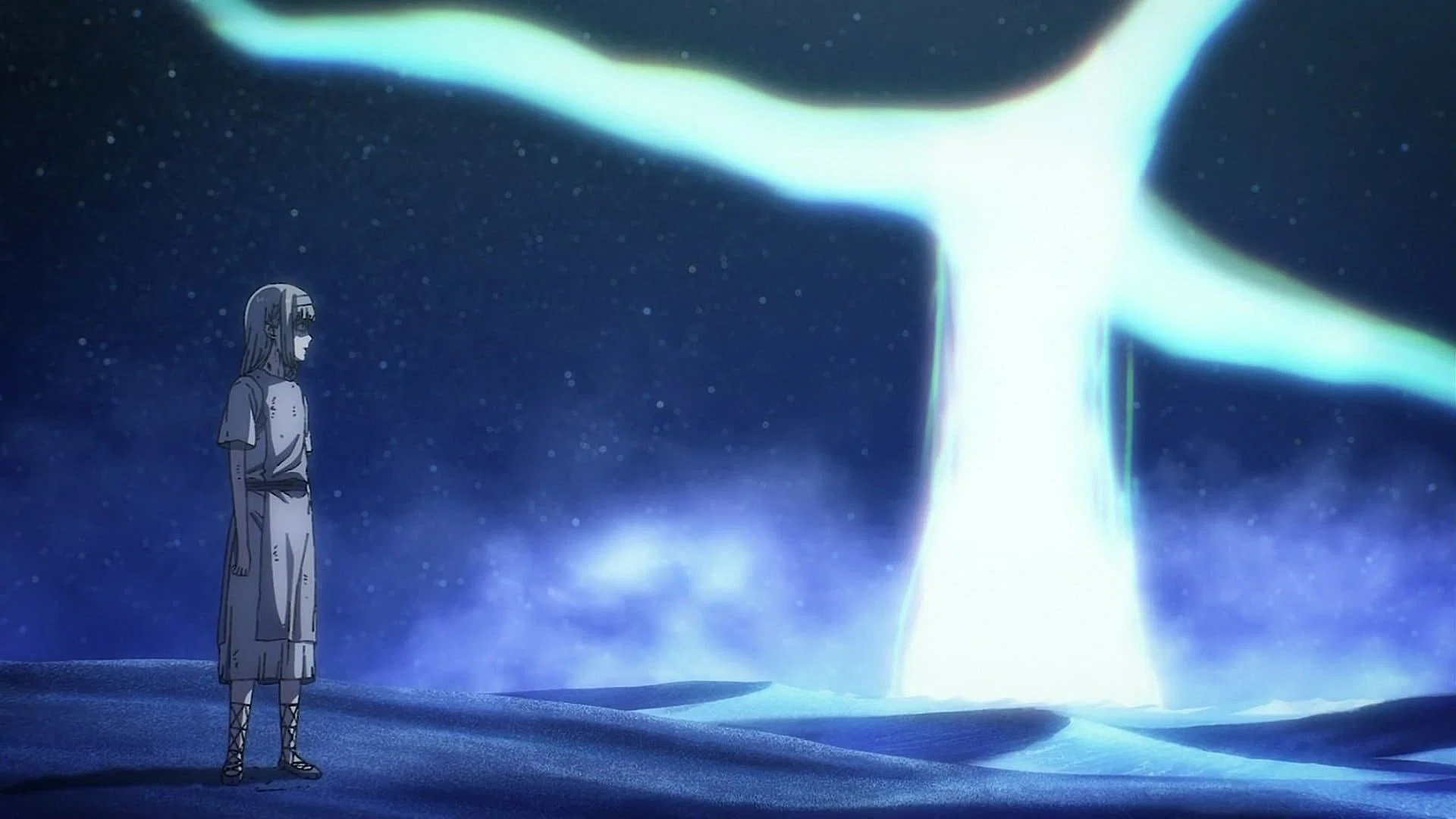
Ymir Fritz's character in Attack on Titan is undeniably influential and holds immense power within the series. While she possesses god-like abilities and shapes history, Ymir is not a literal deity. Her origins as the Founding Titan, the Curse of Ymir, Fritz's Vow, and her complex relationship with love and freedom all contribute to her character's depth and significance. As the story unfolds and the true nature of Ymir Fritz is revealed, viewers and readers gain a deeper understanding of her motivations, struggles, and impact on the world of Attack on Titan. Ymir Fritz's story reflects the complex themes and moral dilemmas explored in the series, further highlighting its depth and narrative richness.
